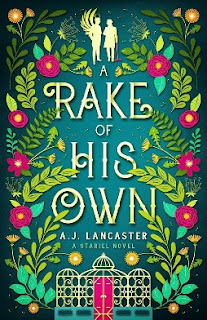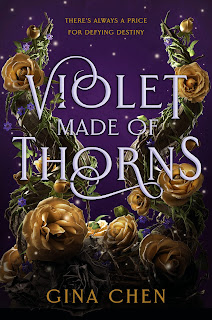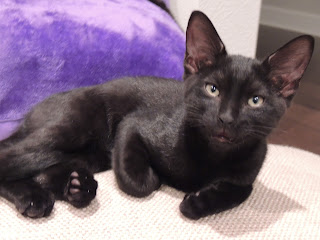This Week's Topic: Beginnings--What are my principles for crafting them?
Regular readers of this blog know that the beginning of the book is the hardest part for me for many reasons that can be summarized best as "still getting acquainted with my characters and my world." I've been making the same mistakes long enough that I know when I'm doing them, and I know that I have to go back and fix them once I get through the first arc. Committing the transgressions is just part of my process now. I confess these sins in hopes that you, dear reader, don't develop similar bad habits.
Top 3 Mistakes in Crafting a Compelling Opening:
- TMI -- Info dumps are deadly to opening chapters. Be they about the history of the world or the backstory of a character, big chunks of Telling prevent the reader from smoothly transitioning into the world and the story.
- Alas, as a writer I need to write the TMI so I know what shapes the Goals, Motivations, Conflicts, and Weaknesses (GMCW) of the characters. Yes, that includes the characters of Setting and Magic System. No, this doesn't mean that TMI survives through first-round edits.
- What is the minimum the reader must know to understand the scene? -- This is the question I ask myself once I complete the first arc and am ready to exorcise the info dumps from the beginning.
- There's a lot that gets cut in the first edit and is either never mentioned again or is distilled down to one or two sentences. That which gets cut gets pasted into my "extras" file to be used as reference points throughout drafting. On the rare occasion that I cut too much and my CP or editor tells me they need more info {manic cackle}, I've got the answers ready to go.
- Vague Notion of What The Protagonist Wants -- Sure, I know the gist of the book before I start writing the beginning (I'm a skeletal plotter), but that doesn't mean I can concisely state what my protagonist (initially) wants, how they (initially) plan to achieve it, what the obstacle to success is, and what the consequence of failure is. To ensure reader buy-in to the adventure, I must clearly and simply convey the stakes, and I must do it within the first chapter.
- I save myself from endless agonies when I craft a simple statement of Goals, Actions, and Obstacles. I revise this statement often throughout the book as a touchstone of progress and a plot reminder to the reader.
- For any writer who tends to indulge in tangents, adding this progress-revised statement at the end of each notable sequence will keep you focused on your plot.
- The simple, concise statement of stakes can and should be used in crafting a query/short synopsis as well as marketing promos. It is, for all intents and purposes, the Hook.
- Being Too Coy -- Once upon a time, DongWon Song, a very talented agent of fantasy novels (and more) posted the most helpful and yet obvious piece of advice (which I will paraphrase because I can't find the link to their original post): Writers often confuse withholding information as creating mystery in their story; when, in fact, they're annoying the reader. We all want to compose a story with a bit of thrill, a bit of intrigue, and a lot of anticipation for what will happen next. We want to craft a page-turner (not a wallbanger). When we fail, it's often due to not understanding our own plot development and pacing. The first book I published proves this point to a (painful) T.
- Part of improving as a writer is honing when and how to reveal key information and misdirects. Much of that is knowing when and how to pose the questions, which is a facet of story structure and plot development.
- Beginnings and sagging middles are usually where we fall victim to our wannabe-tricksy-ness. Because I know I have this weakness, I developed the habit of building a bare-bones outline before I begin writing. When penning the beginning, if I find myself getting too close to revealing a Big Suprise that shouldn't happen until much later, I compare my outline to my WiP to find where I asked the wrong question or laid a faulty foundation. Getting ahead of myself happens, that's why an outline is helpful.
- Another aspect of Being Too Coy is when we make a reveal but it's unnecessarily complex. There's a huge chasm between being compelling and confounding. If in doubt, KISS or JUST SAY IT, DAMN IT.













